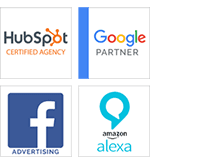
Meta AI Tools in Facebook Ads: A Game Changer for B2B Marketing Campaigns
AI is revolutionizing digital marketing, and Facebook Ad Manager, backed by Meta AI innovations, is at the forefront of this transformation. With advanced AI tools, Facebook is enabling B2B marketers to enhance campaign management, improve ad creative and achieve better results. This blog highlights the most impactful AI-powered features in Facebook Ad Manager and examines how these innovations are reshaping B2B advertising.
The Newest AI-Powered Video Editing Feature (Testing)
Meta is currently testing innovative AI-powered video editing tools designed to simplify content creation for advertisers.
- Video Expansion: Automatically expands video frames by generating additional pixels, making content compatible with various placements (e.g., Instagram Stories, Facebook Feed) without manual resizing.
- Image Animation: AI transforms static images into dynamic animations, enabling businesses to create eye-catching video content even when original footage isn’t available.
For B2B marketers, these tools are game-changers: they reduce production costs, save time and maximize the impact of video ads. With these capabilities, B2B brands can now deliver professional, dynamic content without the need for expensive video production teams.
Automated Creative Recommendations and Dynamic Content Placement
Facebook’s AI simplifies the creative process with automated recommendations and dynamic content delivery.
- Creative Recommendations: AI suggests optimal ad creatives by testing variations of headlines, images and text to identify what resonates best with your audience.
- Dynamic Content Placement: AI ensures ads are tailored to different placements (Stories, Feeds, Reels), automatically adjusting creatives to fit each format seamlessly.
For B2B campaigns, this means delivering the right message to the right audience at the right time, enhancing engagement and driving conversions with minimal effort.
Also Read Enhancing Creative Output in Your Advertising Strategy
AI-Assisted Content Creation
Generative AI tools in Facebook Ad Manager allow marketers to create multiple ad variations quickly and efficiently.
- Automate background changes or minor tweaks in visuals to improve creative consistency.
This innovation is particularly useful for B2B marketers managing large-scale campaigns, as it reduces manual effort while ensuring creative quality remains high.
Smart Audience Insights
Facebook’s AI tools offer deeper audience insights by analyzing behaviors, preferences and engagement trends.
- Smart insights identify which messaging, creatives and targeting approaches work best for specific B2B audiences.
- Marketers can refine their strategies to improve personalization and ensure ads resonate with their target audience.
These insights empower B2B marketers to make data-driven decisions and create highly targeted campaigns that align with audience expectations.
Also Read Do You Know Your AIQ? Key AI Marketing Strategy Insights for Every Marketer
Audience Targeting and Optimization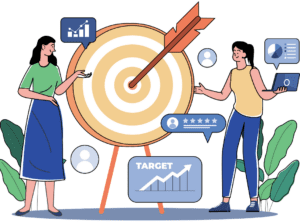
Leveraging insights from smart audience data, Meta AI then enhances audience targeting by analyzing trends and forecasting user behavior.
- Smart Audience Segmentation: AI identifies high-value audience segments and ensures ads are shown to the most relevant users.
- Predictive Targeting: AI learns from past campaign performance to refine targeting strategies for future campaigns.
For B2B marketers, this means reaching key decision-makers, industry professionals and niche audiences with precision, improving ROI and reducing wasted ad spend.
Campaign Budget Optimization (CBO)
Campaign Budget Optimization (CBO) is an AI-driven feature that automatically allocates your budget across ad sets to maximize performance.
- CBO analyzes campaign data in real time and adjusts budget allocation to the best-performing ad sets.
- For B2B marketers running multi-segmented campaigns, CBO ensures budgets are optimized without the need for manual adjustments.
This feature enables businesses to achieve the best results for their budget while saving time on campaign management.
Also Read Optimizing Your Advertising Budget: 5 Essential Factors for Success
AI-Powered Analytics and Reporting
AI in Facebook Ad Manager doesn’t stop at campaign execution; it also enhances reporting and analytics.
- Real-Time Insights: AI continuously analyzes campaign performance and provides meaningful insights to help refine strategies and improve results.
- Outcome Predictions: Predictive analytics help forecast performance and guide optimization strategies.
For B2B marketers, these tools simplify decision-making and ensure campaigns are consistently refined for better outcomes.
Some Final Thoughts
Facebook Ad Manager’s AI-powered features are transforming how B2B marketers create, manage and optimize ad campaigns. For B2B businesses, leveraging these AI tools means achieving higher ROI with less manual effort. As Meta AI in Facebook ads continues to evolve, staying ahead of these trends will be critical for businesses looking to maintain a competitive edge in the digital advertising landscape.



 While celebrity influencers dominate B2C marketing, micro-influencers are emerging as leaders in the B2B space. These influencers often specialize in
While celebrity influencers dominate B2C marketing, micro-influencers are emerging as leaders in the B2B space. These influencers often specialize in  In the B2B world, quick, one-off influencer collaborations often fall flat. Long-term partnerships, on the other hand, are far more effective at building trust and driving meaningful results. Collaborating consistently with one or a select group of influencers creates a steady stream of content that helps establish a solid foundation. These ongoing partnerships allow influencers to gain a deeper understanding of the brand’s products, values and audience, resulting in content that is more authentic and relevant.
In the B2B world, quick, one-off influencer collaborations often fall flat. Long-term partnerships, on the other hand, are far more effective at building trust and driving meaningful results. Collaborating consistently with one or a select group of influencers creates a steady stream of content that helps establish a solid foundation. These ongoing partnerships allow influencers to gain a deeper understanding of the brand’s products, values and audience, resulting in content that is more authentic and relevant.

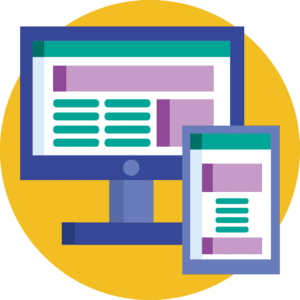

 Patagonia Website
Patagonia Website










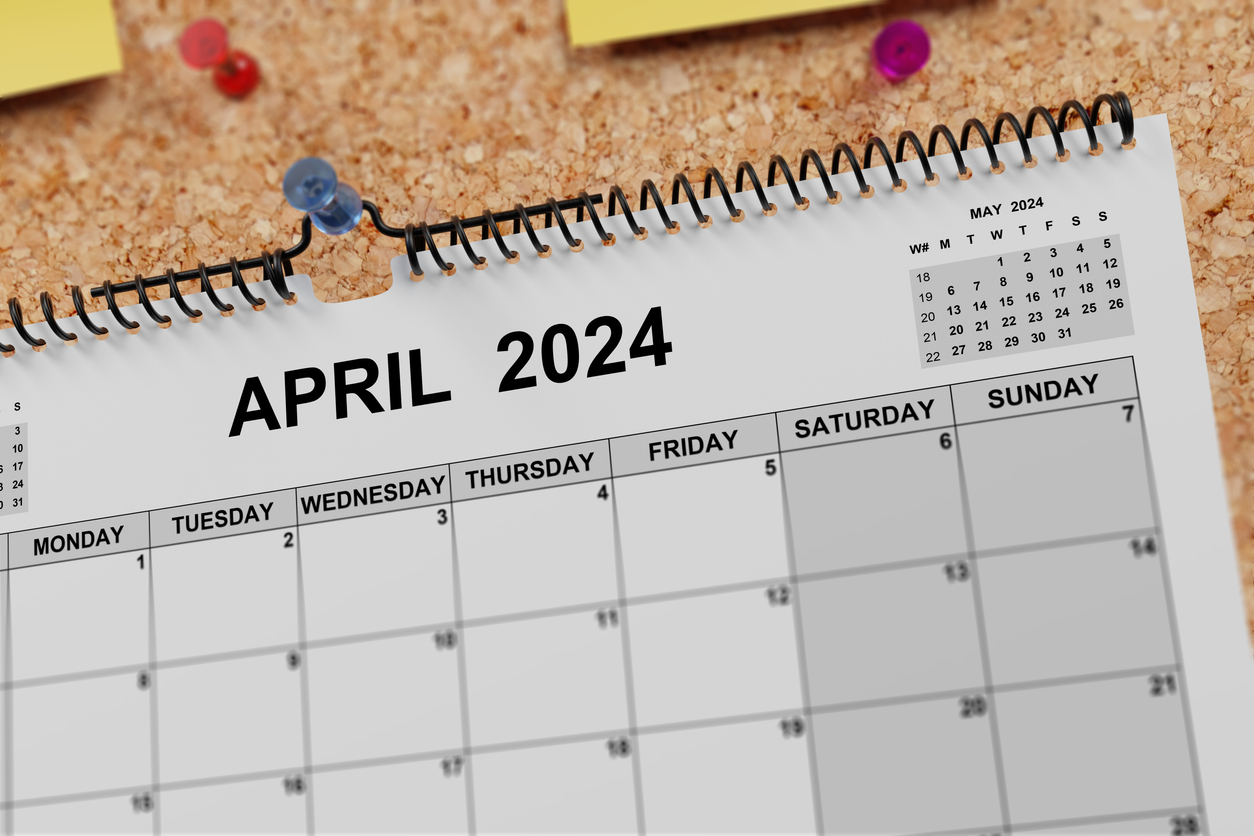




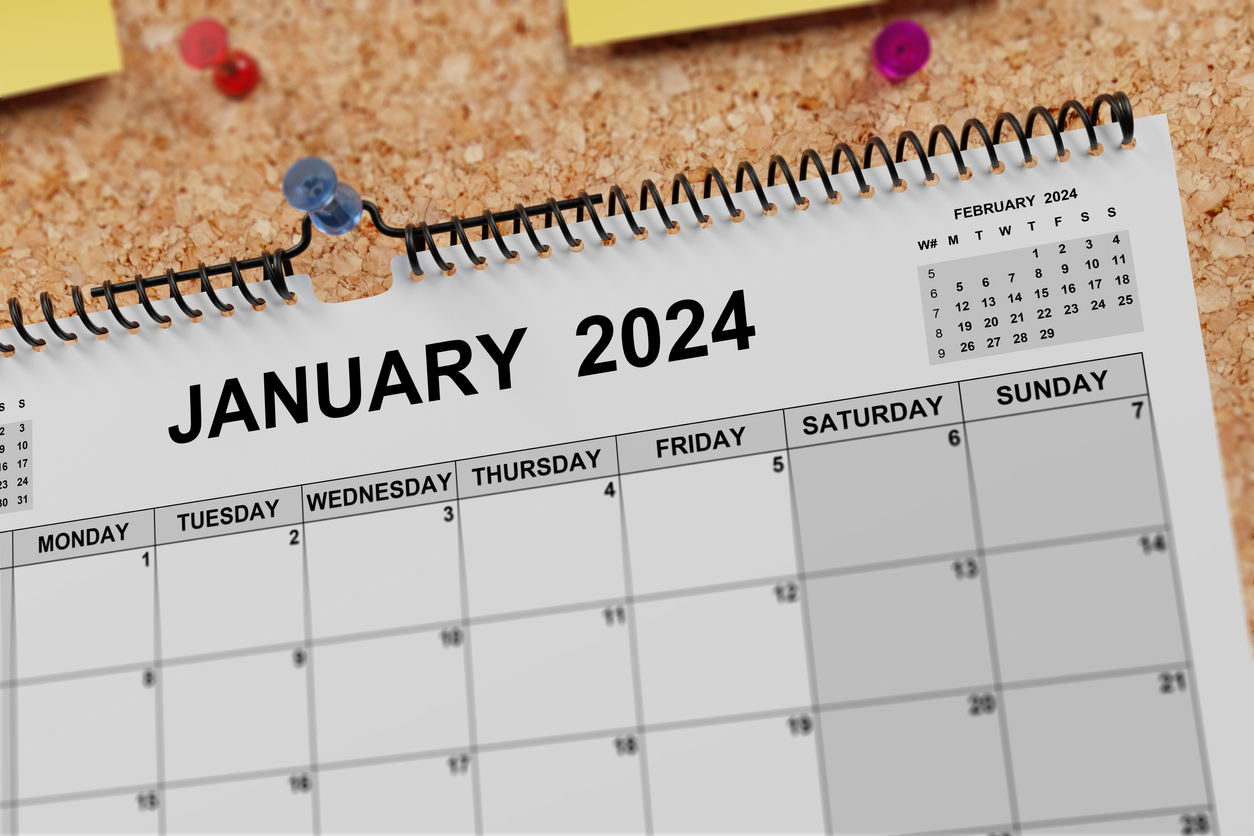




 Microsoft Advertising provides insights in its Festive Holiday Marketing Playbook to help businesses enhance holiday sales. Key points include understanding the timing of revenue peaks around Black Friday and Cyber Monday, leveraging deal-seeking behaviors among consumers, and capitalizing on search for online and in-store purchases. The National Retail Federation predicts a 3-4% increase in US holiday spending. Advertisers are encouraged to align strategies with the ‘Cyber-5’ period and utilize search for targeted advertising.
Microsoft Advertising provides insights in its Festive Holiday Marketing Playbook to help businesses enhance holiday sales. Key points include understanding the timing of revenue peaks around Black Friday and Cyber Monday, leveraging deal-seeking behaviors among consumers, and capitalizing on search for online and in-store purchases. The National Retail Federation predicts a 3-4% increase in US holiday spending. Advertisers are encouraged to align strategies with the ‘Cyber-5’ period and utilize search for targeted advertising. 



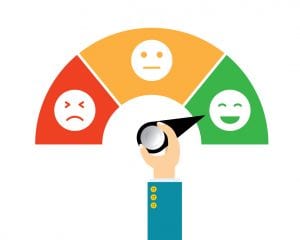 Emotional advertising uses emotions to connect with consumers and encourage them to buy a product or service. This type of advertising appeals to the heart rather than the head, and it can be quite effective in leaving a lasting impact on customers. Informing your audience is important. You want potential buyers to understand what their problem is, and how your products or services can solve that problem. Unfortunately, people don’t generally make purchases based on information alone. It turns out that people are more prone to making emotional purchases than informed purchases. It’s why commercials consist of much more than an explanation of a product’s use. Instead they use emotional advertising to target the viewer.
Emotional advertising uses emotions to connect with consumers and encourage them to buy a product or service. This type of advertising appeals to the heart rather than the head, and it can be quite effective in leaving a lasting impact on customers. Informing your audience is important. You want potential buyers to understand what their problem is, and how your products or services can solve that problem. Unfortunately, people don’t generally make purchases based on information alone. It turns out that people are more prone to making emotional purchases than informed purchases. It’s why commercials consist of much more than an explanation of a product’s use. Instead they use emotional advertising to target the viewer. 
 The marketing landscape is undergoing a significant shake-up—from a laser focus on data privacy to widespread layoffs in tech to the game-changing impact of
The marketing landscape is undergoing a significant shake-up—from a laser focus on data privacy to widespread layoffs in tech to the game-changing impact of 

